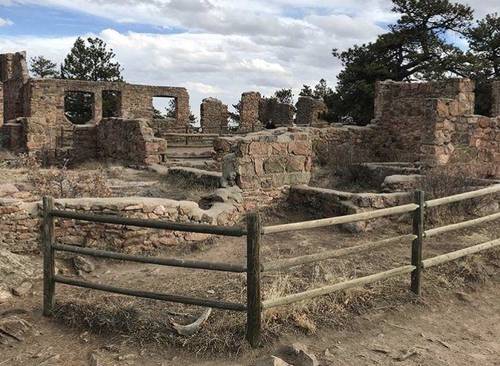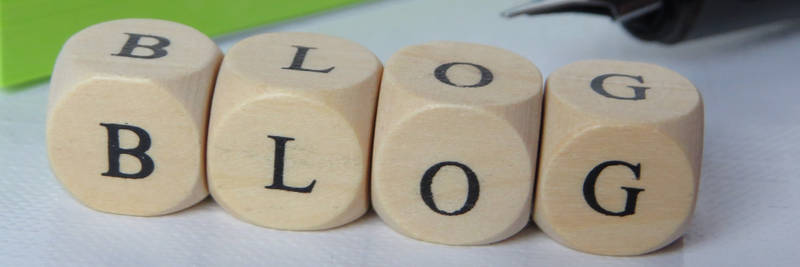Shared Trauma and Unconscious Bias: What we don’t know can hurt us
07/18/2021 10:00:02 AM
Rabbi Jamie Arnold
| Author | |
| Date Added | |
| Automatically create summary | |
| Summary |

An unexpected and debilitating illness or accident. The death of a loved one. Financial woes. The heartbreak of a broken relationship. When, God forbid, hardships befall us, we naturally wonder, “Why? Why did this happen?” Given the complex array of conditions and causal factors that shape our experience and our world, each of us knows at some level that there is rarely, if ever, a simple or satisfying answer to such a question. Still, that does not stop if from wanting, and occasionally needing the sense of power and control one gets from being able to name a cause, having something or someone to blame. Is there another way to reclaim agency in the face of uncertainty?
This month, in the Jewish calendar, is a time to consider collective and generational trauma. The three weeks leading up to a full day of fasting from food and drink on the 9th of Av [July 17-18] are set aside to remember the siege of Jerusalem that preceded the destruction of the Israelite Temple in Jerusalem (in 586 BCE, then again in 70 CE). This devastation triggered thousands of years of exile and turned the Jewish people into refugees. It changed irrevocably the course of Jewish civilization and continues to shape Jewish identity and life. And, like us, the sages wondered: Why did it happen?
I hear echoes of Talmudic arguments about why the Temple was destroyed in the public discourse today as we try to explain the causes of our current collective woes. How do you explain this ongoing battle with deadly pandemic that laid siege upon us all and threw our economy and our way of life into disarray? Why did it happen?
Some are quick to lay the blame on foreign powers. Back then it was an army of heathens from Babylon [or Rome]. Today, a so-called ‘plandemic from Communist China.’ Others point to in-fighting and sectarianism in our own community. Then, dozens of new Jewish sects fractured the unity of Israel. Now, partisan squabbling, the disproportional power of certain special interest groups, immobilizes and corrupts the democratic process. Still others claim that the root cause of our collective troubles is something the sages called sinat chinam (Yoma 9b). The phrase is usually translated as “senseless or baseless hatred.” In other words, an irrational distrust and animosity towards a particular racial or ethnic group, a religious group or nationality, a political party, an economic class (the poor or the rich), LGBTQplus community, etc.
Given that the best answer is probably “all of the above,” I used to find the question, “Why did this happen to us?” less than useful, even dangerous because it can lead to blaming and scapegoating, and persecution. However, recent studies about the impacts of unconscious bias are opening my eyes to the importance of asking this question! The rabbis of old warned us about the potentially devastating consequences of sinat chinam. Today’s sages, are echoing that warnings us about the lasting and traumatic impacts of unchecked or ignored unconscious bias.
I now believe that that we can and should wrestle with the question, “Why did this happen?” Not because I think you or I can discern the ‘right’ answer, but because we can learn so much about our own unconscious biases from the responses that creep into consciousness. Ask the question: Why did this happen? Listen carefully to the responses that bubble up. Then, instead of trying to convince ourselves or others of the ‘truth’ of our explanation, let us regard our responses as revelatory windows into the fears and internalized unconscious biases that shape so much of our thinking, feeling, and doing. Engaging such a question then becomes an opportunity to become more conscious of internalized filters distorted by personal and inherited trauma, and in so doing so limit the power of those forces to negatively influence our words and actions.
From Alan Morinis and others, I have come to learn that mussar practice and Jewish meditation can be described as spiritual tools designed to expand our capacity grow our awareness so we can choose our actions (as well as our intentions and emotions) and reclaim an kind of agency that is too often constrained by subconscious pain and fear. Reflecting on personal and collective hardships and wondering, “Why did this happen?” can help us identify the unconscious fears and stories that prevent us from living in alignment with our highest ideals.
Acknowledging and wrestling with the unconscious biases that we all harbor may be the best way to achieve the personal and collective transformations we all seek – learning to honor everyone we meet as our equals made in the image of God, healing from past trauma, and collectively [re]building a world grounded in justice, permeated with peace, and blooming with beauty and joy.
Chodesh Tov,
Rabbi Jamie Arnold
Sun, November 2 2025
11 Cheshvan 5786
The midah of the month of October is Joy (simchah).
Useful Links
- Mi Sheberach Form (prayer list)
- Make a Donation
- Order a Yahrzeit Plaque
Friday Night
| Candle Lighting : 4:44pm |
: 7:00pm |
Shabbat Day
: 9:00am |
: 10:00am |
| Havdalah : 5:42pm |
Upcoming Programs & Events
Nov 7 |
Nov 8 |
Nov 8 |
Nov 12 |
Nov 14 |
This week's Torah portion is Parshat Vayera
| Shabbat, Nov 8 |
Candle Lighting
| Friday, Nov 7, 4:44pm |
Havdalah
| Motzei Shabbat, Nov 8, 5:42pm |
Shabbat Mevarchim
| Shabbat, Nov 15 |


